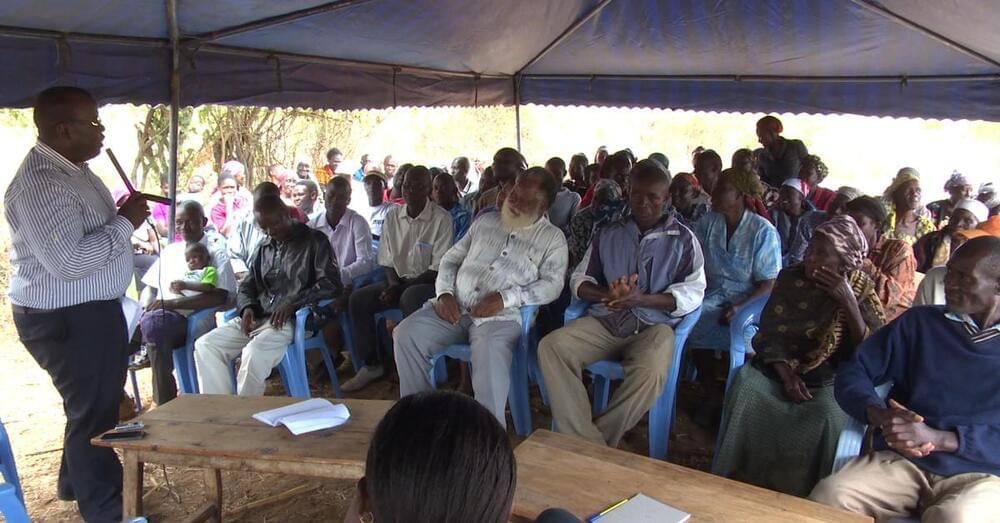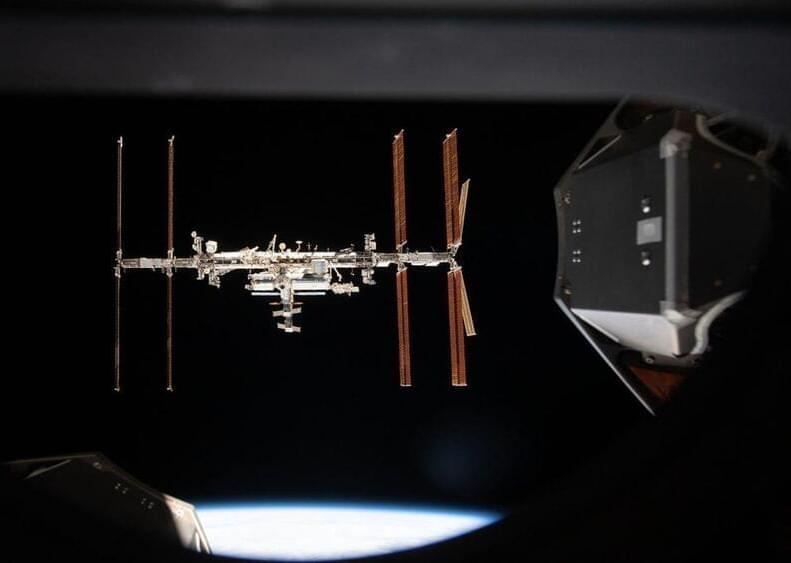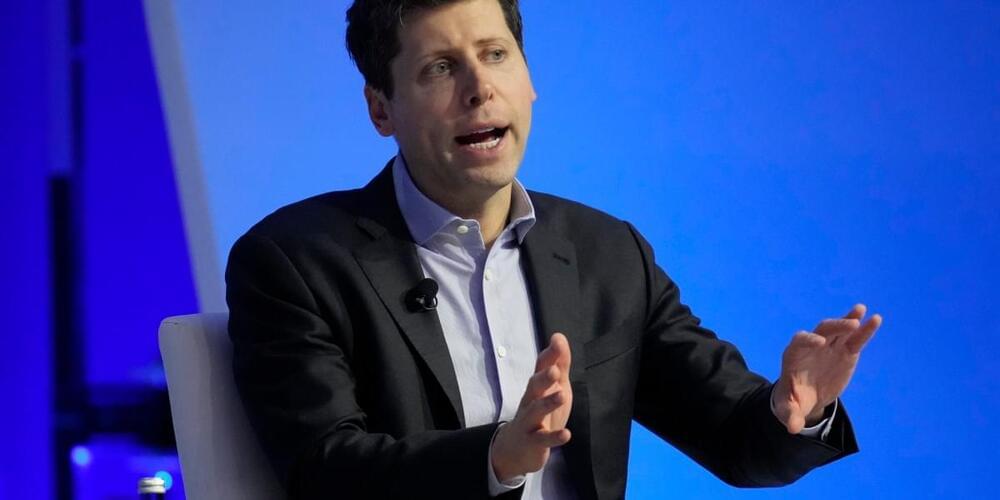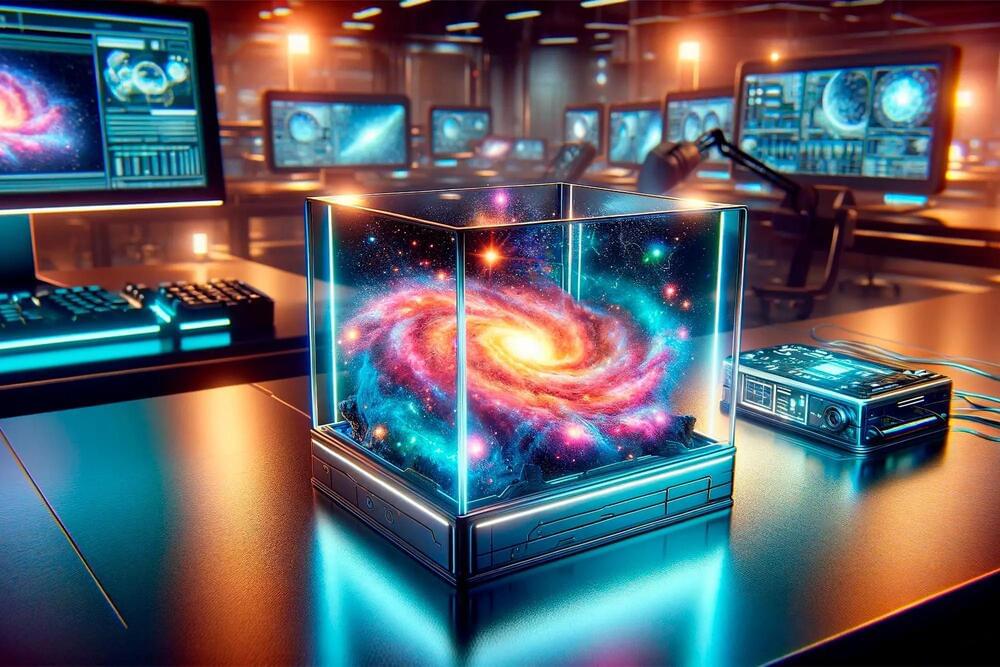One of the big questions GiveDirectly is trying to answer is how to direct cash to low-income households. “Just give cash” is a fun thing to say, but it elides some important operational details. It matters whether someone gets $20 a month for two years or $480 all at once. Those add up to the same amount of money; this isn’t a Side Hustle King situation. But how you get the money still matters. A certain $20 every month can help you budget and take care of regular expenses, while $480 all at once can give you enough capital to start a business or another big project.
The latest research on the GiveDirectly pilot, done by MIT economists Tavneet Suri and Nobel Prize winner Abhijit Banerjee, compares three groups: short-term basic income recipients (who got the $20 payments for two years), long-term basic income recipients (who get the money for the full 12 years), and lump sum recipients, who got $500 all at once, or roughly the same amount as the short-term basic income group. The paper is still being finalized, but Suri and Banerjee shared some results on a call with reporters this week.
By almost every financial metric, the lump sum group did better than the monthly payment group. Suri and Banerjee found that the lump sum group earned more, started more businesses, and spent more on education than the monthly group. “You end up seeing a doubling of net revenues” — or profits from small businesses — in the lump sum group, Suri said. The effects were about half that for the short-term $20-a-month group.






